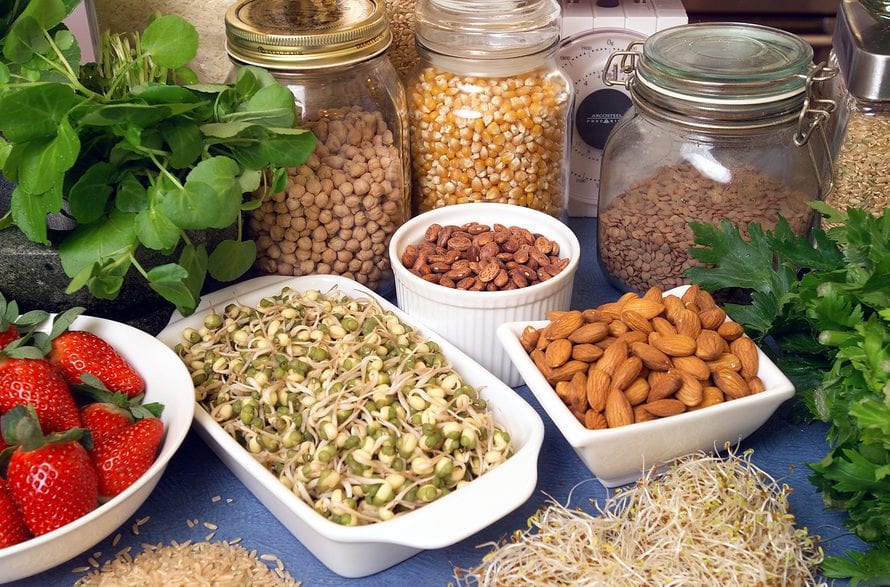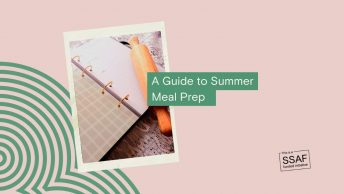This post is over three years old, the information may be outdated.
When the demands of university life, work and family start to overwhelm us, often our diet is the first to suffer. Throw financial pressure into the mix, and for some students it can be a recipe for digestive disaster. Let’s look at some helpful tips to get you motivated about eating better than ever before.
Eat seasonal, locally-grown produce
A great way to cut the cost of your fruit and vegetables is to eat seasonally, when produce is in-season. Not only will you be rewarded economically for eating seasonal produce, you’ll also benefit from increased nutrition, flavour and variety in your diet. As produce can be grown easily in-season without the need for pesticides or human intervention, you’ll also find seasonal food is more likely to be organic and GMO-free.
Check out your local farmer’s market to learn about the seasonal availability of food in your area and become more in-tune with the natural cycle of produce. When buying locally-grown foods, you’re supporting your community, receiving super fresh produce, and reducing the carbon footprint associated with the transportation of your food.
Prepare most of your meals at home
Cooking your own food at home gives you the power to choose your ingredients and prepare meals tailored to your tastes and dietary requirements. As an added bonus, buying basic ingredients is a lot cheaper than purchasing convenience meals or takeaway.
If you’re not a very confident cook, invest some time in learning the basics. YouTube and countless recipe sites will give you all the answers on how to do everything from hard-boiling an egg to whipping up an Indian feast. Start with a few easy recipes that you feel confident with and enjoy eating, and slowly expand your recipe book to include all your home-cooked favourites. As food is in its most healthful state raw, learning how to prepare a few great salads will keep you nourished without needing to be a chef.
Buy and cook in bulk
Bulk prices for dry stores are often significantly lower than purchasing smaller quantities. If you eat rice regularly, buy a 5kg sack of basmati next time it’s on special. If you’re trying to integrate superfoods such as chia seeds, flax seeds and quinoa into your diet, buying them in bulk can really help to keep the costs down, and ensure that you always have your favourite health foods on hand. Pumpkin seeds, nuts and wholegrains are perfect for students to buy in bulk- not only do they store well, they are touted as brain foods to help your mental clarity, focus and memory.
Check out Asian and Indian grocers for discounted spices, lentils and dried vegetables, or shop online and have your bulk supplies delivered straight to your door. Cooking in bulk can save you both time and money, will giving you quick access to healthy options after a long day studying or working. We always try to have a good supply of soups, curries, chilli, felafels and vegie patties in our chest freezer, made when ingredients are in season or on special. Try freezing herbs, berries, lightly-steamed broccoli and cauliflower rice so you can whip up a healthy feast at the drop of a hat.
Reduce meat consumption
Meat products often form the most expensive part of a meal. Consider introducing ‘Meatless Monday’ in your home, or even just reducing the amount of meat you put in each meal. For wet dishes such as curries, bolognaise and chilli con carne, replace meat with finely grated carrot, sweet potato and zucchini, or add a healthy dose of red lentils.
Finally, one of my favourite ways of staying in control of my diet is to use a calorie counting app to track my food intake. Not only can I keep an eye on my portion sizes and stay on target, I also get to monitor my nutrient intake and see when I need to up my iron, calcium or protein intake.










